SUMMARY
This is AI generated summarization, which may have errors. For context, always refer to the full article.
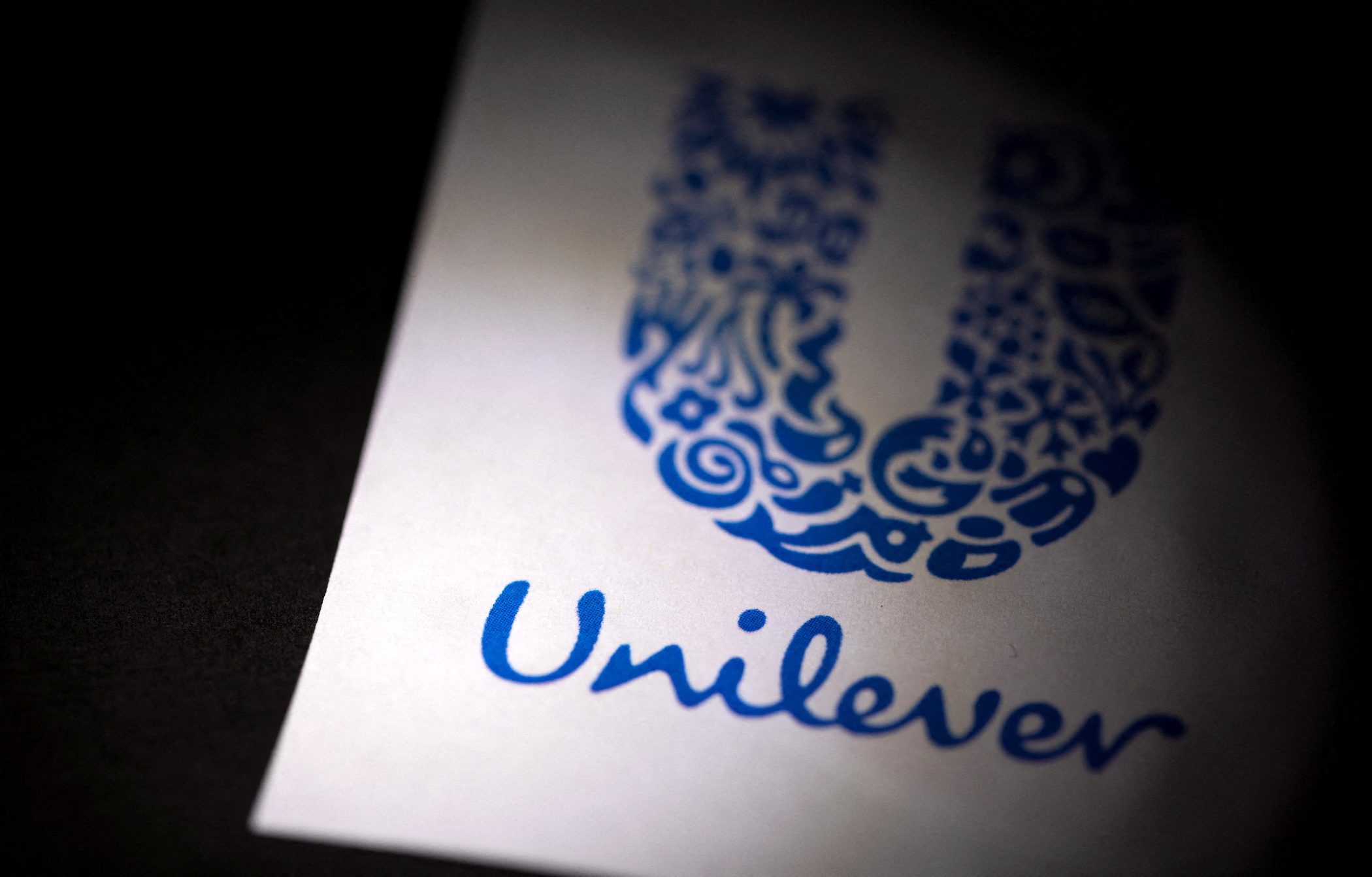
LONDON, United Kingdom – Unilever raised its full-year sales guidance after beating first-half underlying sales forecasts as the maker of Dove soap and Knorr stock cubes hiked prices to counter soaring costs, lifting its shares on Tuesday, July 26.
One of the biggest consumer companies in the world, with more than 400 brands ranging from detergent to ice cream, Unilever’s costs have surged since the start of the COVID-19 pandemic created global supply chain logjams.
War in Ukraine has since boosted energy costs and sent prices of raw materials such as wheat, sunflower oil, and pulp used in packaging to record highs. Unilever said it sees net material inflation at about 4.6 billion euros this year, including a 2.6-billion-euro hit in the second half.
Unilever’s first-half operating profit margin fell to 17% from 18.8% a year earlier, even as Unilever raised prices by 9.8%.
The price hikes come despite retailers pushing back against consumer product suppliers, worried about ceding margins and alienating shoppers.
US giant Walmart, the world’s biggest retailer, on Monday, July 25, slashed its profit forecast as surging prices for food and fuel prompted customers to cut back on spending.
“We did see their news this morning, but I think there are many, many aspects to that don’t fully connect with Unilever,” the British firm’s chief financial officer Graeme Pitkethly said on a call with journalists, noting that Walmart’s announcement was related more to general merchandise and clothing, and that inflation would vary by region.
However, Pitkethly added: “We expect peak inflation to come in the second half of the year. I don’t think we’ll be able to catch up in the current quarter.”
“We’re not going to go back to the previous low inflation environment – we’re going to be stuck in this environment for a significant amount of time,” said Andy Searle, a partner at consultancy Alix Partners.
Sales outlook raised
Unilever this year made room on its board for activist investor Nelson Peltz, whose Trian investment vehicle had built up a 1.5% stake as of last month.
Peltz “is making a very constructive contribution as a board member,” chief executive officer Alan Jope said on a call with journalists but he declined to elaborate.
Underlying sales grew 8.1%, beating analyst expectations of 7.2% growth, according to a company-provided consensus for the half to June 30.
Unilever said Tuesday it now expects to beat its previous forecast for full-year underlying sales growth of 4.5% to 6.5%.
Bernstein analysts in a note described the results as “good,” with pricing better than expected and volumes in line, boding well for the company’s ability to keep investing in growth.
Investors cheered the results, with Unilever shares rising almost 3.2% at their high. The stock was up 2% as of 1019 GMT, still among the top gainers on the FTSE 100 index.
“Underlying sales growth of 8.1% was driven by strong pricing to mitigate input cost inflation, which, as expected, had some impact on volume,” Jope said. “The challenges of inflation persist and the global macroeconomic outlook is uncertain.”
Its half-year turnover rose 14.9% to 29.6 billion euros ($30.25 billion) even as sales volumes declined by 1.6%.
CFO Pitkethly said Unilever had raised spending on advertising and branded marketing by 200 million euros in the first half to prevent shoppers from trading down to private label products.
The company kept its quarterly dividend steady at 0.4268 euro per share and said it had completed a 750-million-euro share buyback tranche on July 22, part of a 3-billion-euro plan announced last year.
Swiss chocolate maker Lindt & Spruengli on Tuesday also raised its sales guidance after its first-half net profit jumped 36%.
Unilever, which owns Vermont-based Ben & Jerry’s, has struggled over the past year to keep the ice cream maker’s independent board from publicly voicing its opinions about political matters.
This month, Ben & Jerry’s sued parent Unilever to block the sale of its Israeli business to a local licensee, saying it was inconsistent with its values to sell its ice cream in the occupied West Bank.
“The long-term future of Ben & Jerry’s is squarely as part of Unilever,” Jope said, adding that “there is plenty for Ben & Jerry’s to get their teeth into in their social justice mission without straying into geopolitics.” – Rappler.com
$1 = 0.9787 euros
Add a comment
How does this make you feel?

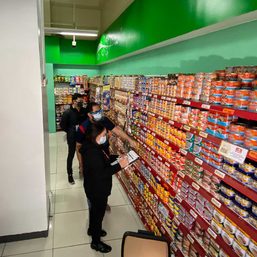
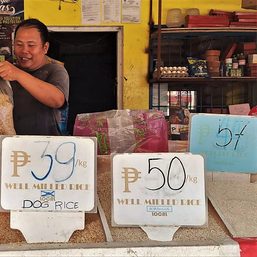
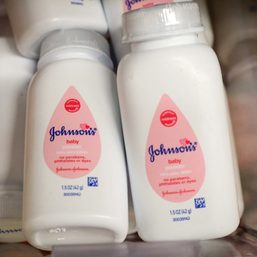
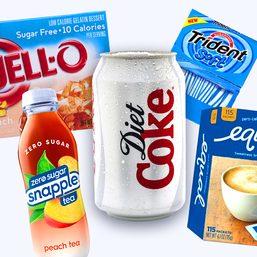
There are no comments yet. Add your comment to start the conversation.